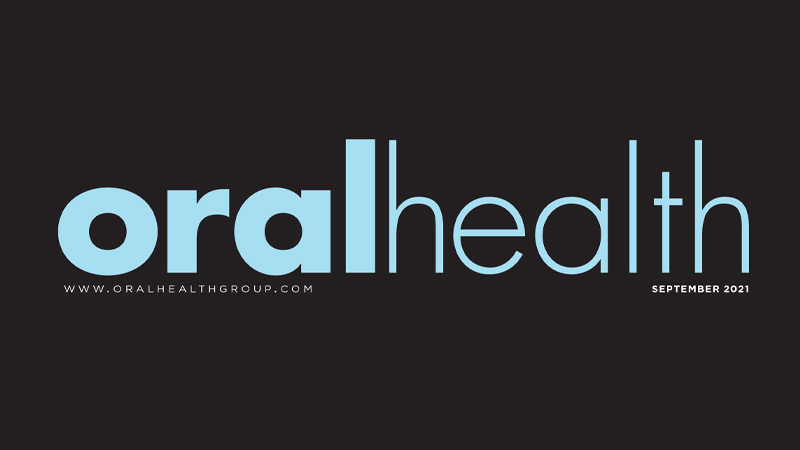If you’re like me, you’ve had your share of unsuccessful outcomes and can appreciate the negative feelings that come with them. Just the other week I ruminated over the need to leave posterior spaces on a case that was progressing well in the grand scheme of things. As dental practitioners we tend to be critical of ourselves when things do not work out as anticipated, or simply fall short of “ideal”. When this occurs, we are quick to label the outcome as a failure. Is this reasonable? Perhaps not. However, as health care providers, we do have a responsibility to increase the probability of achieving “success” for our patients. We also owe it to ourselves to keep out of trouble and avoid the stressors that come along with it.
Recently, an op ed entitled “Unsuccessful Outcomes” caught my attention. It was penned by Dr. Laurence Jerrold who is both an orthodontist and an attorney. This op ed was timely given that as of late, my ‘case load’ for providing expert opinions for legal cases has increased. Moreover, I am seeing an increase in the number of patients presenting for an initial consult whose treatment was not progressing in a favorable direction.
Dr. Jerrold’s article was quite helpful as it clarified the definition of an unsuccessful outcome or failure and allowed me to discern what our responsibility to our patients is. In looking at prior case law on the issue of unsuccessful outcomes, it was noted that “a physician does not undertake to warrant a cure and is not responsible for want of success unless it results from a failure to exercise ordinary care” (Jerrold, AJODO). To further explain, firstly, a bad result, in and of itself, is not an indication that negligent treatment was rendered. Secondly, a bad outcome alone cannot be considered in determining whether a doctor has met or fell below a given standard of care.
In the context of rendering care to our patients, it is clear that we simply have one duty – to exercise professional judgement to increase the probability of success, or in other words, to decrease the probability of an “unsuccessful outcome”. This requires having confidence in the treatment itself (standard of care) and in our ability to provide the proposed treatment (competency). If there is reason to believe that a proposed treatment is outside the standard of care and does not have a reasonable chance of success or is beyond the scope of the clinician, there is reason to pause.
There are similar patterns that I see in the legal cases that come across my desk and in the second opinions seen in my office. By far, the most common is where a dental practitioner provides a treatment that is beyond their scope and/or has little chance of success given that it falls short of the standard of care. In these situations, if sound judgement had been exercised by the treating practitioner, these unsuccessful outcomes could have been avoided. It is these situations where I respectfully decline to act as an expert on behalf of the defending clinician.
I have put to paper five rules that may help minimize unsuccessful outcomes from occurring. Here are “Bruno’s Five Rules for Reducing Unsuccessful Outcomes”:
- Don’t do anything to a patient you wouldn’t feel confident doing on your own family (standard of care/competency).
- Refer to a specialist or a more experienced practitioner when it is indicated (standard of care/competency).
- Don’t let a patient coerce you into doing something that you expect will not work or know is not in their best interest (professional judgement).
- Don’t be a hero. Just because you think you can do something, doesn’t mean you should do it (professional judgement/standard of care).
- Sometimes the best treatment is no treatment at all (professional judgment).
I hope these five rules will help guide you and keep you out of trouble while benefiting our patients – we all deserve it!
About the Author
Bruno Vendittelli, is a Toronto based orthodontist whose practice is Forest Hill Orthodontics. He is a Staff Orthodontist at the Hosptial for Sick Children and an Associate at the University of Toronto, Faculty of Dentistry.
Oral Health is pleased to present the voices of our Editorial Advisory Board members in this forum, which allows writers to share their personal thoughts, opinions, viewpoints and experiences. We want to ensure our tradition of serving our readers the very best in clinical and editorial content continues and we thank all the members of our Editorial Advisory Board for their efforts in making this happen. We welcome your comments and feedback. Feel free to share your thoughts with us through letters to the editor (amy@newcom.ca).


